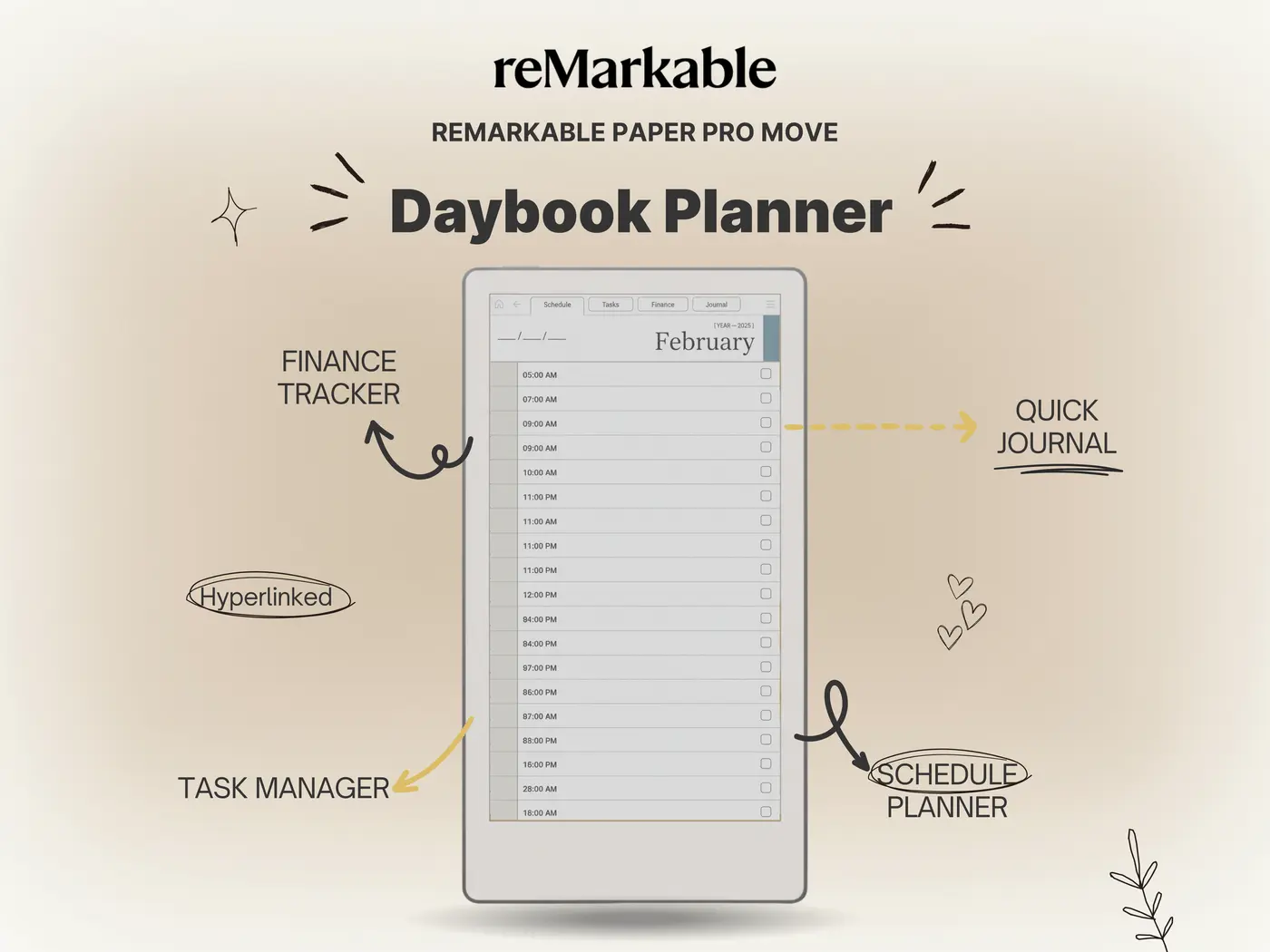The Launch of Rocket Lab Book Review | Inside a Startup’s Journey From Backyard Experiments to Orbital Flight
the launch of rocket lab book review opens with the story of a small team in New Zealand turning carbon fiber, electric pumps, and audacity into a reliable path to orbit. Peter Griffin traces Rocket Lab from scrappy prototypes to routine Electron launches and an ambitious pivot toward the larger Neutron vehicle. The narrative blends founder psychology, engineering tradeoffs, and the market forces that shaped the small-sat era.
Overview
This is a company biography and a modern space history in one volume. Griffin follows Peter Beck’s early tinkering, the company’s move from sounding rockets to orbital flight, the decision to embrace electric pump-fed Rutherford engines, and the expansion into satellite platforms and deep space missions. Milestones like the first successful orbital flight, frequent launch cadence from Mahia, and the entry into interplanetary science give the book an arc that feels both technical and human.
Spoiler-Free Summary
Chapters alternate between rocket development hurdles and the business chessboard. Regulatory clearances, range logistics, and funding rounds appear alongside engine testing, fairing design, and recovery experiments. Key inflection points include scaling production for cadence, building out a second pad in Virginia, acquiring spacecraft bus capabilities, and defining Neutron’s role in a shifting launch market. The arc ends on a forward-looking note about reusability, cost curves, and vertical integration.
Writing Style & Craft
Griffin writes with a reporter’s clarity. Technical sections decode engine cycles, composites, avionics, and flight software without losing general readers. Anecdotes from engineers and operators add texture, while chapter endings land on crisp takeaways. The tone remains even and factual, with occasional moments of wonder reserved for first flights and mission control scenes.
People & Setting
- Peter Beck: a founder profile centered on focus, speed of iteration, and an appetite for hard problems.
- Engineering leads and operators: voices that illustrate tradeoffs between elegance and schedule, plus lessons from scrubs and anomalies.
- Places that matter: Mahia Peninsula launch complex, Long Beach headquarters, Virginia’s Mid-Atlantic Regional Spaceport, supplier floors where carbon layups and electronics come together.
Key Themes
- Speed as strategy: small teams, rapid iteration, and in-house manufacturing as a moat.
- Constraint-driven design: electric pumps, lightweight structures, and avionics simplicity used to hit price and cadence goals.
- Market reality: the small-sat boom, government partnerships, and the need to move upmarket with Neutron.
- Resilience: how near-misses, anomalies, and hard post-flight reviews shape culture.
Strengths & Weaknesses
Strengths: clear technical explanations, strong sense of place and team, balanced treatment of wins and stumbles, useful context on the global launch landscape.
Weaknesses: founder perspective can dominate at times, financial details are summarized rather than deeply modeled, and some supplier stories feel abbreviated.
Reader Response
Early readers highlight the accessibility of the engineering chapters and the satisfying coverage of Electron’s road to reliability. Space enthusiasts note that the book captures the cadence and tempo of modern launch operations without losing sight of the human element.
Critical Reception
Industry coverage credits the book for documenting a pivotal player in small-sat launch and for situating Rocket Lab within a competitive field. Trade reviewers point to the balanced treatment of recovery experiments and the strategic case for Neutron.
Target Audience
Best for readers of business history, aerospace professionals, founders who study execution speed, and students seeking a lucid primer on how a modern launch company scales hardware and operations.
Author Context
Peter Griffin is a technology journalist with a long record of covering New Zealand innovation and the global tech sector. Peter Beck’s introduction frames the company’s early culture and the philosophy behind iterative testing, composite structures, and in-house engine development.
Verdict
The Launch of Rocket Lab delivers a grounded account of how a small team reached orbit and kept going. It reads like a field guide to disciplined iteration and a snapshot of a market in motion. Final Rating: ★★★★☆ (4.5/5)
Further Reading
Explore additional context at Rocket Lab, Ars Technica Space, SpaceNews Launch, and New Zealand Herald Business.
Related Reviews
Interested in more technology and business histories Browse our archive and keep a log with the Reading Tracker.




